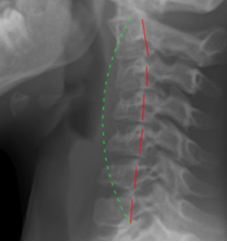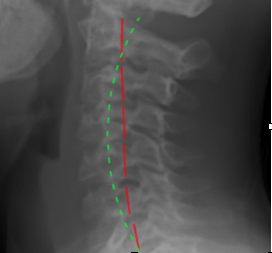Spending hours in front of a screen, especially that of a mobile device like a smartphone or tablet, is bad for you.
We’ve been bombarded with enough studies and statistics that this should be a no brainer by now. My greatest concern is for our kids, who spend hours at a time crouched over their devices.
The CBC recently quoted parenting expert and psychologist Kim Knull, who likened it to an addiction. She cited the harmful health effects excessive device use has on our children, particularly on their sleep patterns.
“Even a few minutes of playing on your iPad or iPhone before bed actually delays your melatonin release, so of course that’s going to impact a person’s mood simply from a sleep deprivation perspective,” she said.
Melatonin is a natural hormone in our bodies that responds to the coming of night to help us settle down and fall asleep when we go to bed. If melatonin function is disrupted, so is sleep.
But that’s just part of the problem – what do hours everyday crouched over a device do to your posture and the alignment of your upper spine and neck?
And don’t fool yourself. For the majority, it is hours every day. According to a recent report, the average consumer is now spending 198 minutes per day inside a mobile app compared to 168 minutes viewing TV.
That’s over three hours, every day.
The proof is in this child’s x-rays

X-ray 1
One of our patients is a 10-year-old boy who just loves his iPad. He watches videos and plays games on it. His parents, who are also our patients, brought him in for no other reason than to ensure his spine was in optimal health.
It wasn’t.
On the first X-ray, you can see that he had pretty much lost all the natural curvature in his neck (The green line represents the normal “C” shape his cervical spine is suppose to have; the red line represents where he was). This puts tension on the spinal cord, which can lead to all manner of health complications, set the stage for degeneration of his vertebrae and discs, and eventually lead to irreversible arthritis. It’s a prognosis for chronic pain, lost of mobility, and a quality of life that’s less than what it should be.
And he’s only 10 years old!
He had never been in a car accident or suffered any major trauma that would account for his condition. The only apparent contributing factor was his time crouched over his iPad. Now this being said, he was born by C-section so we can’t ignore that as a possible contributing factor as well.
In fact, his loss of curvature at this young age was almost identical to that of his mother, a 42-year-old woman who had decades of time hunched over computer keyboards and her sewing machine to account for her poor spinal health.
But kids recover fast

X-ray 2
But the good news is that kids often bounce back more quickly than adults from many injuries, with the right intervention.
In the second x-ray, you can see how much this boy’s neck curvature has improved after 12 months of care. He has progressed far faster than either of his parents. After seeing us more frequently in his first few months of care, he now comes in only once a week.
But he also has some homework to do as part of his care. He uses a cervical traction device for about 15 minutes four or five times a week – this stretches the soft tissues of the neck to help restore a more normal cervical spinal alignment. He isn’t doing his traction exercise as much as we would like, but the results still speak for themselves. ?
And a final point – he’s seen this improvement despite the fact that his iPad habit is as bad as ever!
So consider – what negative health effect is all that device use having on your children’s health (and your own)? The obvious solution is to kick the habit, but who are we kidding – that’s not likely to happen. All we can do is be aware that poor ergonomics, whatever the cause, have a cost, even for children.
The good news is, with the right intervention at a young age, we can manage our children’s health and save them from long-term complications such as chronic pain.
Did you find this information useful?
I hope you did. Please share it with your friends. You can also follow us on Facebook, Twitter, and YouTube, where we regularly post on other health-related topics. Our website also has great information about Chiropractic care and other health-related topics, such as the effect of stress on digestion.
